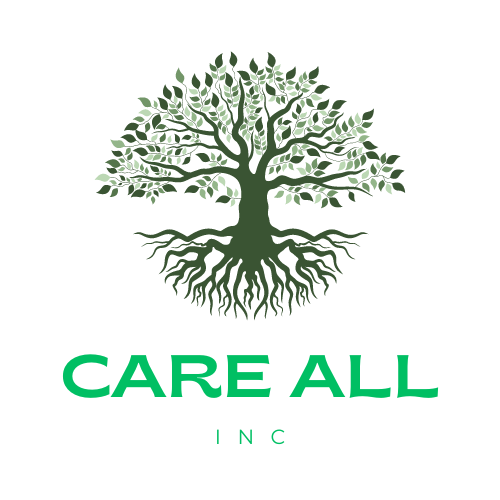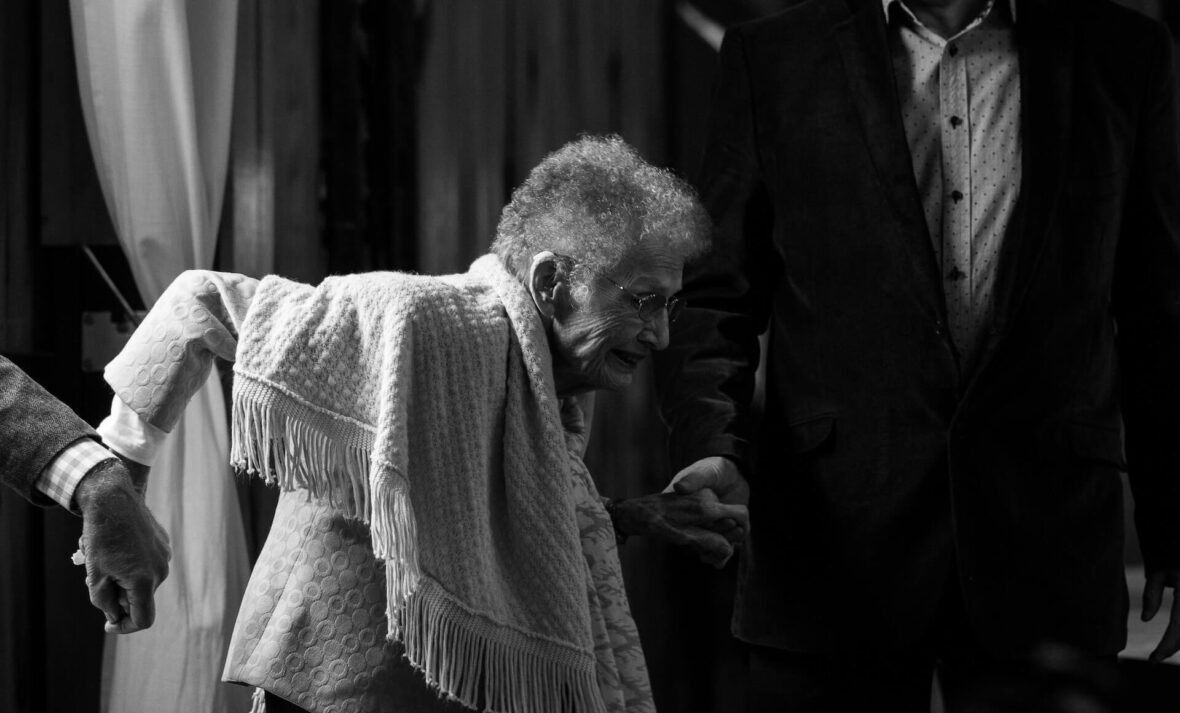Caring for a loved one can be an incredibly rewarding experience. It’s an opportunity to show your commitment and dedication to those close to you by providing both emotional and physical support.
While caregiving can have positive benefits, it also carries with it a huge responsibility that comes with unique demands – ones that few people understand the true impact of until they’re faced with them directly.
In this blog post, we’ll look at some of the every day realities involved in being a carer, as well as providing resources to help make the journey easier!
What being a carer involves
Caring for a loved one can be rewarding, but it can also take a toll on the caregiver’s well-being. The impact of caregiving on mental and physical health is well-documented, which is why it’s essential to know how to help.
Whether it’s helping the elderly, a family member, or someone else in need, there are several ways to be a caregiver. It’s important to remember that caregivers need support too, so it’s essential to seek help when necessary.
Being a caregiver can be a fulfilling experience, but it’s important to acknowledge the challenges and seek help when needed.
The physical and emotional toll of caregiving
Caregiving is a selfless act that can take a toll on both physical and emotional health. Taking care of the elderly or those in need requires patience, flexibility, and a lot of hard work.
The impact of caregiving is not only felt by the person providing care but also by those around them. It can be challenging to watch a loved one’s health decline, and constant care can be exhausting.
However, there are ways to help caregivers balance their responsibilities. Resources like support groups and respite care can lighten the load and give caregivers a much-needed break.
Benefits of being a carer
Being a caregiver can have a significant impact on not only the lives of those being cared for but also on the caregivers themselves.
Providing care for elderly or disabled family members or loved ones can be a challenging task, but it can also be incredibly rewarding.
As a caregiver, you have the opportunity to make a positive impact in someone’s life and greatly improve their quality of life. By taking the time to understand their needs and how to help, you can make a significant difference in their daily routine.
Strategies for managing stress as a carer
Caregiving is a noble act of showing compassion and taking on the responsibility of caring for those in need. However, it is also a demanding job that can place physical and emotional stress on the caregiver.
The impact of caregiving on one’s life can be overwhelming, leading to feelings of exhaustion, frustration, and burnout. It is, therefore, essential for caregivers to take care of themselves and seek support to prevent the negative effects of stress.
Resources available to support carers
Carers play an essential role in supporting their loved one’s daily needs, but the impact of caregiving can be significant on one’s physical and emotional well-being.
Fortunately, several resources are available to support carers with their responsibilities.
Whether it’s accessing respite care services, joining caregiver support groups, or getting assistance from community organizations, carers can find the help they need to maintain their own health while caring for others.
Being a caregiver is a selfless task, but it is not something one has to do alone.
Practical tips for providing optimal care
Providing care and comfort to a loved one can be a challenging and rewarding experience. The impact of caregiving on both the caregiver and the recipient of care cannot be overstated.
It is important to understand how to help your loved one in the most practical and effective ways possible. Being a caregiver requires patience, empathy, and a willingness to go above and beyond to ensure the person in your care feels loved and supported.
Consider the specific needs and abilities of the person you are caring for, and find ways to adapt your care to their unique situation.
Whether you are helping the elderly or those in need, there are many practical tips and resources available to support you on your caregiving journey.
Being a caregiver can be incredibly rewarding, but it’s important to know you’re not alone. It’s essential to have an understanding of your own limitations and to seek help when needed.
Building a robust support network is key to reducing the stress of caregiving for both the caregiver and the care recipient.
Ultimately, if you take time for yourself, remember that you are not alone, and frequently ask for help, then this potentially overwhelming task can be much more manageable.
So don’t forget that being a caregiver doesn’t mean going at it alone – reach out for support so you can make sure both parties get the most out of the experience!






